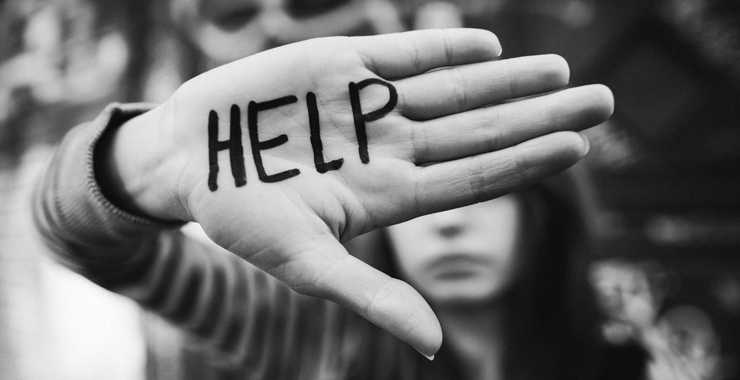Today I was reminded again of the role a counselor can play on a church staff. If you have ever worked at an urban church, or any larger church as well, you probably know that Sundays are an all-hands-on-deck kind of day. Anything can happen at any time. You just never know. And in Lynn, Massachusetts, you really just never know what a Sunday will bring.
We had a missionary sharing a testimony about a young girl with a troubled past. As she shared, a women in our congregation was both moved and triggered into what appeared to be a somewhat dissociative state. She began wailing loudly and shouting, “That’s my story! That’s my story!” But it was not entirely coherent and it was unclear what was going on. The usher team went to her but were unable to coax her from the room. My husband tapped me and I went to her seat. I looked at her and used body language to show her I was listening. I heard her say again, “That’s my story!” so I told her that I wanted to hear her story, but we would need to go into the lobby for her to tell it to me. She gladly came with me and we helped support her weight to walk out the door as she was so hysterically crying. We ended up outside and someone brought her a cup of water. I sat with her and listened to what she could tell me between gasping for breaths. She had been abandoned as a child and was never able to forgive her mother, but today after hearing the testimony of a young girl she said she was set free and she could finally forgive.
In the meantime, the disruption triggered a few other people with mental health issues. One man came to us outside and said, “Are you okay? Are you okay? Are you okay?” and had difficulty responding to our reassurances that she was okay and being taken care of. He too needed reassurance and to know his concerns were heard. He told us that he had just gotten out of the psychiatric hospital, where the patients look out for each other. We moved him from the situation and told him we were glad he was there. At the same time, another man nearby started talking loudly and repeatedly about how he won at bingo last night. His perseverating continued until I could pull away from the woman (now being listened to by the missionary who had been speaking earlier), and I went to the man to hear his story of bingo victory. I congratulated him on his $25 prize and thanked him for telling me about it.
It struck me that in all of these situations, the key to de-escalation was listening and joining with the person in his/her version of reality in that moment. Everyone just wants to be heard and believed. Everyone wants someone to be glad they are there. Everyone wants to be treated like a person. Afterwards, I debriefed with our usher team who had done a great job calmly and respectfully helping serve each person, and I shared with them some of the de-escalation strategies I had used. Church Therapy is about so much more than the four walls of my office. It is about understanding mental illness and using informed practices to handle every person with dignity and care. Church Therapy creates a church culture that does not bat an eye when someone exhibits symptoms of mental illness in a more visible way. We are simply ready to respond and provide care in any way needed. Because of this, everyone feels welcome and safe.

